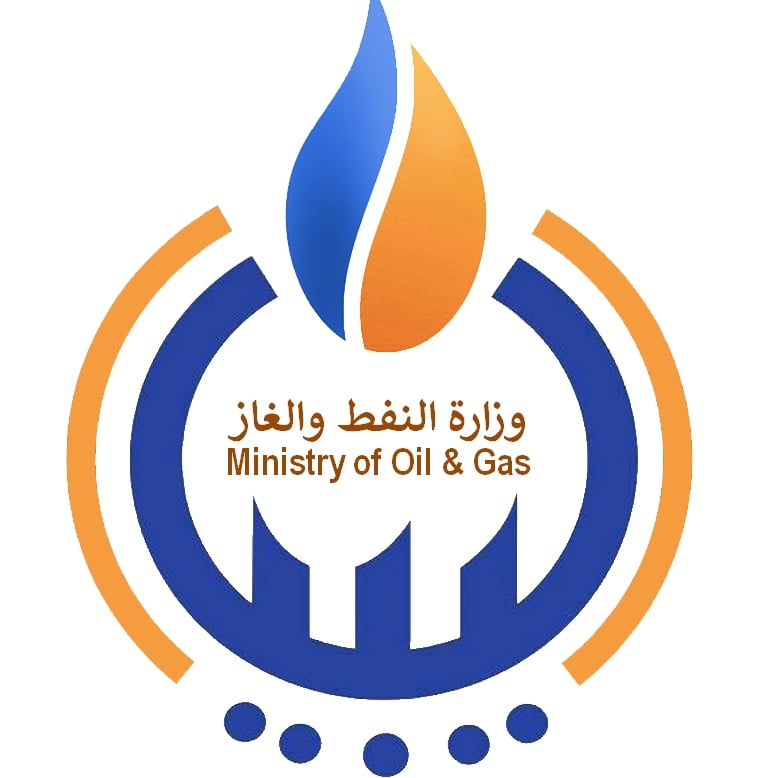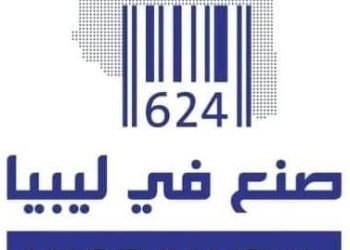By Sami Zaptia.

London, 01 March 2016:
‘’It’s time to swallow the bitter pill. There are no easy solutions left for Libya’s economic . . .[restrict]crises’’, leading Libyan businessman Husney Bey told Libya Herald today.
Bey was responding to our question about the current price rises, high black market exchange rates, budget deficit, cash shortages at banks, and the possible solutions to Libya’s economic crises.
‘‘Libya’s balance of trade deficit and the state budget are directly linked, with 97 percent of the state budget financed by hard currency from current hydrocarbon exports or reserves from previous hydrocarbon exports’’, Bey said explaining his reasoning.
‘‘To cover its LD 42 bn 2015 budget, Libya needs to sell US US$ 30 bn worth of hydrocarbons, but because of its current low rate of oil production and export and the low international crude oil prices, such a revenue is not available to the Central Bank of Libya (CBL) at present. It is therefore forced to cover the deficit from its foreign currency reserves’’, he explained.
Bey was very critical of the CBL’s policy choices. ‘’In reaction to this deficit and crises the CBL has set controls on foreign currency sales into the Libyan market in the form of cash or foreign currency transfers or the opening of Letters of Credit for businesses. However, together with other austerity measures, the CL has failed to solve the crises. In fact, they have compounded and added to the crises with their current policies’’, Bey maintained.
‘‘The solution to Libya’s economic crises is devaluation: to change the official Libyan dinar exchange rate to a realistic one in order to achieve an economic balance. This has now become the only option. Other options such as further controls and restrictions on foreign exchange or the pumping of more money into the economy will only make things worse’’, Bey added.
‘‘Printing more money creates inflation and it is unable to substitute the cash in circulation. The CBL as per article 34 of the CBL Law is empowered like any other major role in any country with the prime responsibility of monitory policy and there are only three main options open to it to resolve Libya’s current economic crises’’, Bey explained.
‘’First, there is the option of raising the discount/interest rate to adjust monetary policy. However, since charging of interest is considered as being usury and contrary to Islamic Sharia banking law, this is not going to be used by the CBL in the current political situation’’.
‘’Secondly, the CBL can print more money and pump it into the economy and thirdly it can manipulate the Libyan dinar exchange rate against hard currencies’’.
‘’Any action or policy by the CBL will have some inflationary effects’’, Bey admitted. ‘’But in Libya because almost 100 percent of the budget is based on hydrocarbon revenues in dollars, the CBL’s only option open to fill the gap is to manipulate the official exchange rate and not through printing new money’’.
‘‘Printing new money only leads to burning good money after bad money’’, he complained. ‘’Because there is no stabilization in the system there will be no balance in the market. You cannot balance the books or the internal budget which is only covered by hydrocarbon revenues which means dollars’’.
‘’You do not go and work on the minority 3 percent of the economy to try and solve the problem. You must work on the 97 percent of the dominant state sector part of the economy”, Bey said regarding FX, transfer and LC restrictions on the private sector.
”Yes, every action will create a reaction. But we have waited too long and our actions are too late. Yes, by changing or floating the official exchange rate, or subjecting the FX sales to a surcharge we will make everyone pay’’. But it is the lesser of the two evils, he explained.
‘‘The problem is the government wage bill has gone up from LD 8 bn prior to the 2011 revolution to LD 21 bn today. Now, they are thinking of reducing state-sector wages which is not allowed by Libyan law and besides Libyans consider their current rates as an irreversible right. So this is not an option. The government can sack people, but that is politically difficult to justify’’.
‘’By increasing inflation, the government will reduce the purchasing power of all Libyans’’, but there is a good way and a bad way Bey explained.
‘’By increasing inflation through the printing and pumping of new money into the economy, the government gains nothing and hurts everyone. But, by changing the exchange rate the government can at least compensate those it thinks need help. It can impose a fixed surcharge on the sale of foreign exchange’’. It has more control and flexibility and it is a better monetary tool, Bey felt.
‘’We will still have the problem of the deficit and the subsidies. The subsidies only produce 20 percent of their intended aim. That is, US$ 18 bn gives only LD 17 bn worth but we have a budget of LD 42 bn. Therefore, you must act in a way so your US$ 18 bn produces LD 42 bn’’.
‘’There is no other way’’, Bey insisted. ‘‘They killed private enterprise in 46 years and now they want the private sector to pay the bill. They are a small part of the economy and even if they make 100 percent profit and the government takes it as tax, it will not cover the deficit’’.
‘’In theory, with just US$ 9 bn the government can withdraw all the money in circulation in the Libyan economy by raising the exchange rate. Then they can pay their wages, subsidies, solve the liquidity crises etc.
Yes, it will be inflationary but there will be a benefit. Presently, with the high prices and high black market exchange rates, only crooks and smugglers are benefitting. The bitter pill is devaluing the LD to much lower than its present SDR parity of 0.517 to 1 LD. To balance the budget and stabilize the economy we are to see the Libyan dinar as high as 3.50 and drive it down to LD 2.50’’, concluded Bey. [/restrict]






